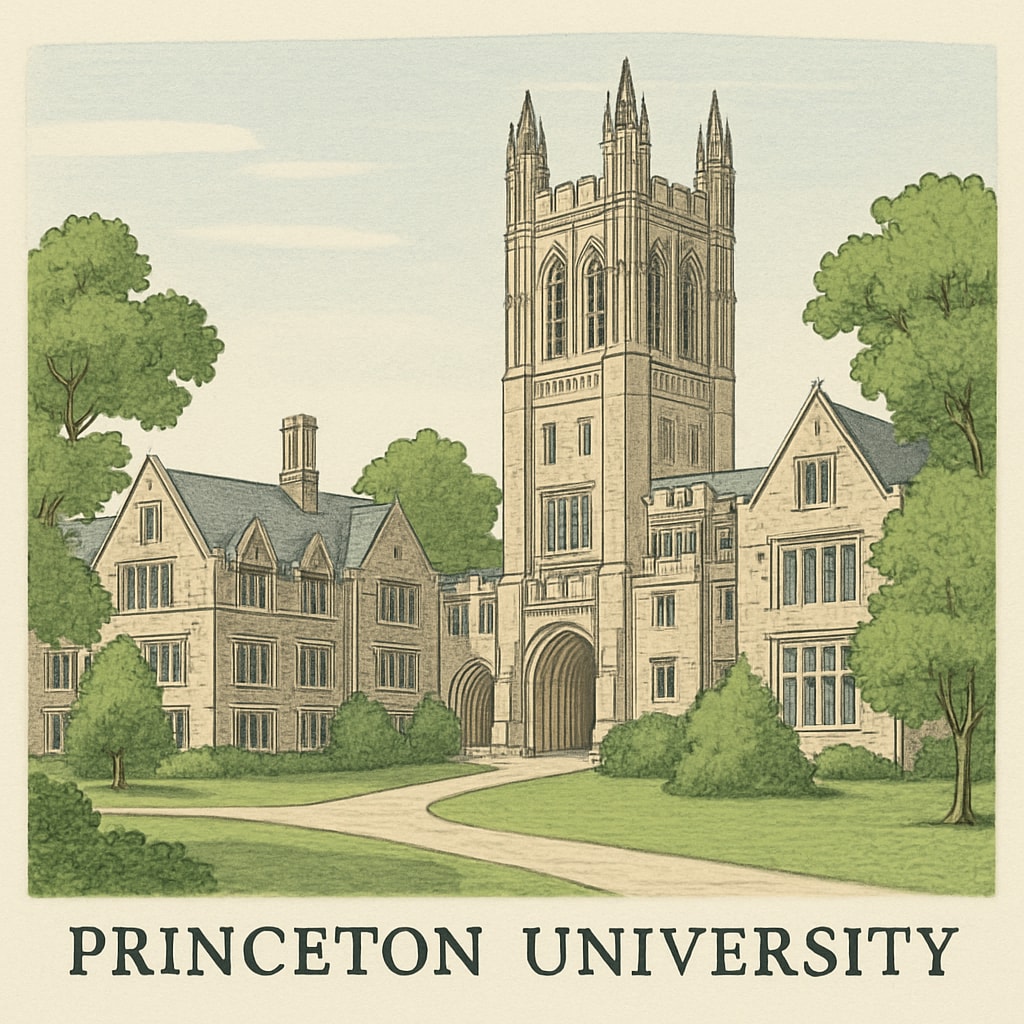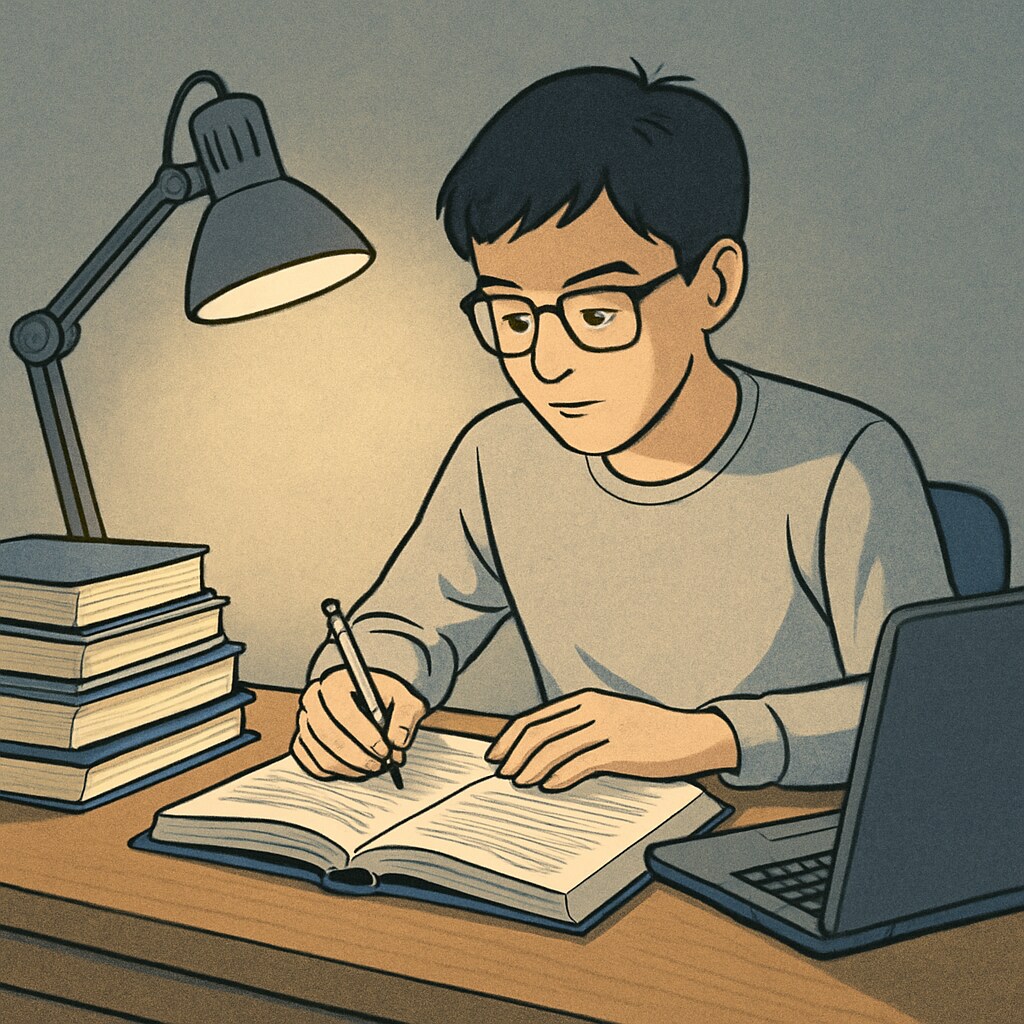The Ivy League, with Princeton University often at the forefront, is globally renowned for its prestige in higher education. However, the allure of institutions like Princeton and the wider Ivy League raises a critical question: Is their reputation truly matched by the educational value they provide? This article explores the gap between public perception and the actual benefits of elite education, and how this model may impose undue pressure on K-12 students, shaping their development in potentially harmful ways.
Unpacking the Ivy League’s Reputation
The Ivy League represents a collection of eight private universities in the United States, including Harvard, Yale, and Princeton, which are often viewed as the pinnacle of academic achievement. Their graduates occupy influential roles in politics, business, and academia, reinforcing the narrative that admission to these schools guarantees success. But is this reputation entirely justified?
Critics argue that the Ivy League’s reputation is largely self-perpetuating. Endowments, alumni networks, and extensive PR campaigns play a significant role in maintaining their elite status. For example, Princeton University’s vast financial resources enable it to offer generous scholarships and state-of-the-art facilities, but these advantages do not necessarily equate to superior education. Instead, they often serve to attract already highly capable students, making the institution’s outcomes seem more impressive than they may actually be.

The Hidden Costs of Elite Education Models
While the Ivy League may appear as a gateway to opportunity, its model of exclusivity and prestige creates significant challenges, especially for K-12 students aiming to gain entry. The pressure to achieve perfection—be it in grades, extracurriculars, or standardized tests—has led to an over-competitive educational environment. This, in turn, can result in burnout, mental health issues, and a narrow focus on measurable achievements rather than holistic learning.
Furthermore, the emphasis on Ivy League schools as the ultimate goal often overshadows other equally valuable educational pathways. Public universities, community colleges, and vocational schools are frequently undervalued, despite their ability to provide quality education and viable career paths. This disproportionate focus on elite institutions may discourage students from exploring alternatives better suited to their strengths and interests.

Reassessing the True Value of an Ivy League Education
It is essential to question what “value” truly means in the context of higher education. While Ivy League schools like Princeton offer access to prestigious networks and opportunities, these benefits are not exclusive to them. Many other institutions provide excellent education and foster innovation without the same level of societal adulation.
Moreover, the financial cost of attending an Ivy League university can be staggering, even with scholarships. Students and their families must weigh whether these costs align with their long-term goals. Are they paying for education, or are they investing in a brand name?
In addition, studies have shown that success is less about the name on a diploma and more about the skills, work ethic, and adaptability of graduates. For many, the pursuit of an Ivy League education may not justify the sacrifices made along the way.
Moving Toward a More Inclusive Educational Landscape
To address these issues, it is crucial to promote a broader understanding of educational success. Parents, educators, and policymakers should encourage students to value diverse learning environments and career paths. By shifting the focus away from the Ivy League as the ultimate goal, society can mitigate the negative impacts of the current elite education model on K-12 students.
Moreover, it is essential to recognize and invest in public education systems and alternative pathways, ensuring that all students have access to high-quality learning experiences. A more inclusive approach to education benefits not only individuals but also the broader society by fostering diverse perspectives and talents.
Conclusion: While the Ivy League, including Princeton, undoubtedly offers many advantages, its reputation often overshadows the broader realities and challenges of higher education. By critically examining the value of elite education and its impact on younger students, society can move toward a more balanced and inclusive understanding of success.
Readability guidance: This article uses concise paragraphs, incorporates transitional phrases for flow, and includes specific examples to illustrate key points. Active voice is prioritized, and lists are avoided to maintain a cohesive narrative.


